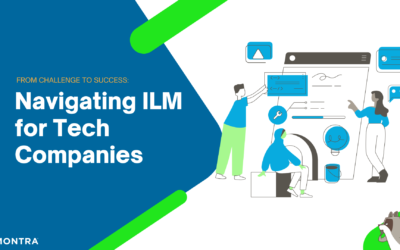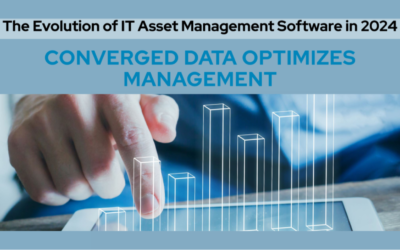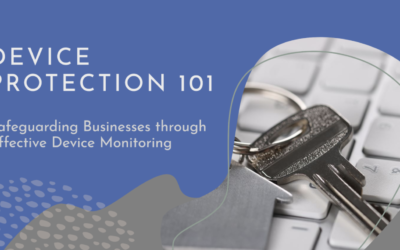If you are a managed IT services provider or a company that gets services from one, you are likely very familiar with remote management and monitoring software. RMM has been a mainstay application used by managed IT services providers for years. It provides several important functions that enable the cost-effective and secure delivery of the end-device services by IT service providers.
The past two years have rapidly changed the breadth and frequency of remote work. Whether this is a permanent change in work habits or not, the remote worker needs to be supported as a standard part of IT service delivery, not as an exception – what people call hybrid work now.
For modern RMM software to keep up with the changing nature of work and the applications and systems being used, the following items need to be addressed:
1. Remote Updating Needs Rock Solid Reliability
All RMM clients have supported remote patching and other software updates for years. Not all of them have supported remote updates effectively. The challenge in this new hybrid work model is that a remote user whose device gets bricked by a poorly executed update is especially adversely affected. The RMM client also needs to not only give users the option when to update, but also needs to warn them if they should be doing an update because maybe they are not plugged in, are in a public hotspot, or are on an unreliable internet connection. This approach will help minimize the times a user goes down and IT needs to scramble to get them running (typically at a high cost!)
2. Top Rate Remote Policy Enforcement
Policy enforcement needs to be included in any modern RMM. This is needed for a variety of reasons including 1) compliance to frameworks like HIPAA or NIST CSF; 2) security from a user making poor decisions like plugging in an unknown USB drive, and 3) intellectual property loss from users copying files or deleting files. The policy management importantly needs to be integrated with a centralized policy management system, so the policies that are enforced by the RMM are always in lockstep with the latest corporate policies.
3. Remote Revocation of Rights is Critical
Since employees can be anywhere when they leave the company, the traditional process of “hand me your computer” doesn’t work. Typically, laptops are mailed back after an empty box is shipped to the employee, or the system is just kept by the exiting employee. In either case, the user’s rights to access data on the device need to be removed remotely and preferably the data wiped. Not all RMM software does this well or in coordination with other HR and IT offboarding processes.
4. Remote Control Is No Longer Optional
To solve some issues remotely, it is often easier for the support engineer to take over control of the user’s system. This has been an optional feature in a lot of RMMs, but modern RMMs need to support this feature and support it well. It needs to work through consumer-grade firewalls and in typical co-working spaces, airports, and coffee shops.
5. Need to support Macs and PCs
Mac devices have continued to make inroads in the corporate environment. The new M1 processor Macs have provided a new price-performance benefit that is noticeable to every user/ Additionally, with more employees working from home, there are more employees that are doing work on their personal Mac. To properly support these users, RMM software needs to either support Mac and Windows equally well or managed IT service providers need to use two RMMs – one for Mac and one for Windows.
6. Location Information Needs to Be Accessible
Location information is available on most modern laptops. It can be GPS-based or WiFi-based, but it should be made available to the RMM. This is a necessary feature in a hybrid working world for many reasons. Employers need to know where employees are in emergencies, info-security needs to know where the device is for login and data usage rights, and it is helpful when a device has been lost or stolen. Modern RMMs need to tap into that information so that managed IT service providers can use it to track assets, data, and people.
Montra successfully manages thousands of remote devices across all the hybrid workplaces of our customers. If you would like to learn more about how we can keep your workforce productive and secure, please email us at sales@montra.io.



